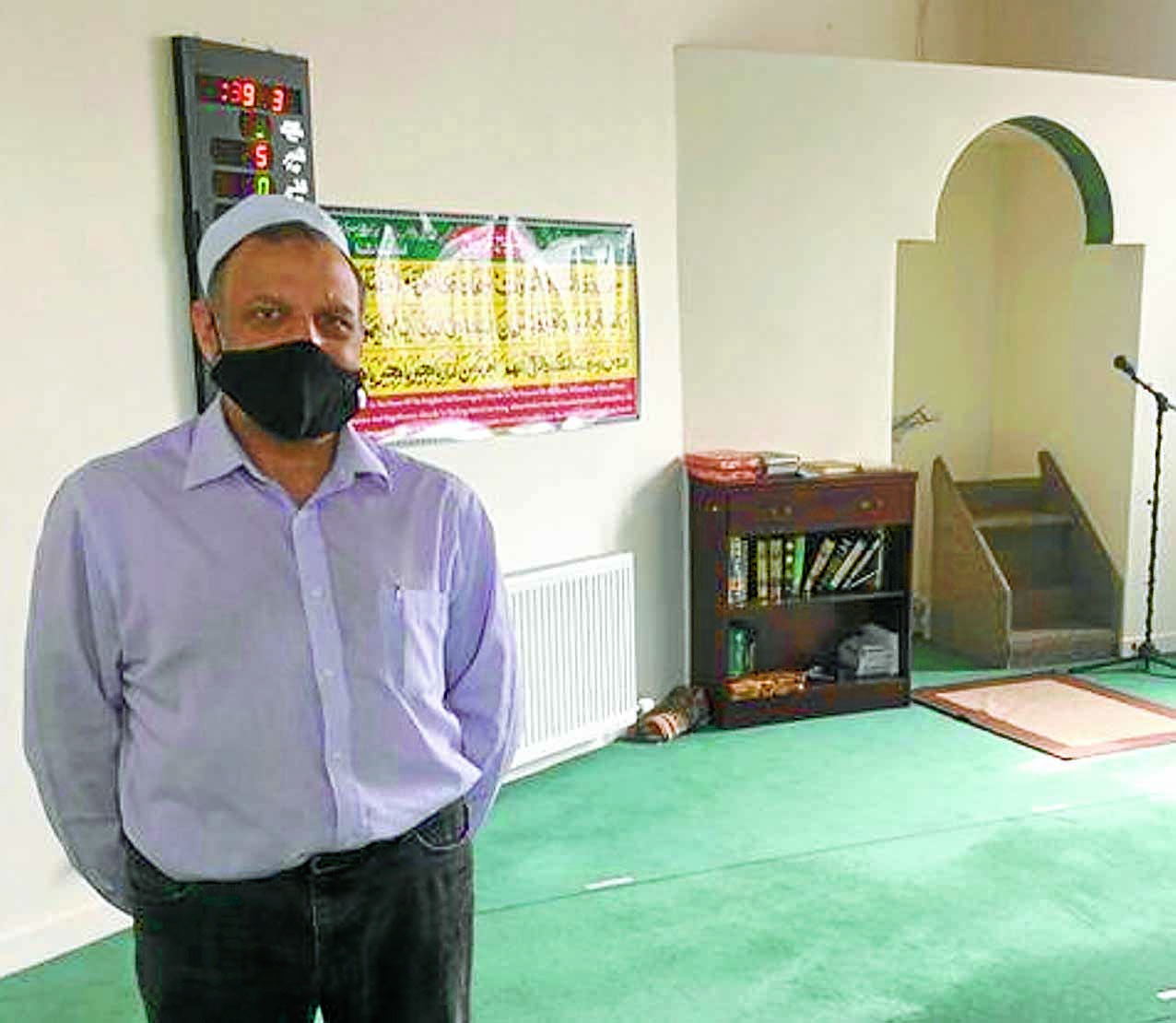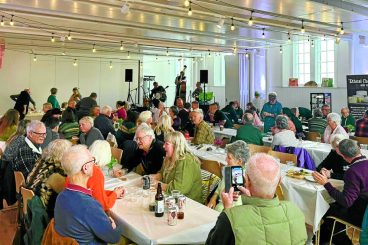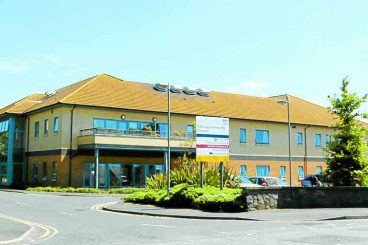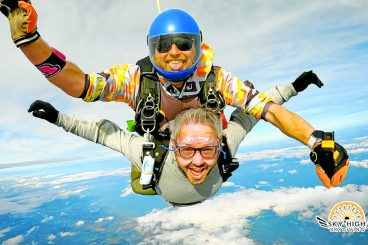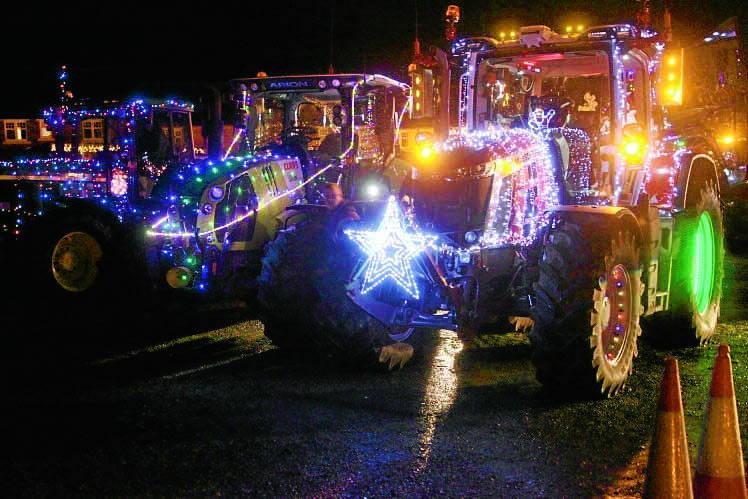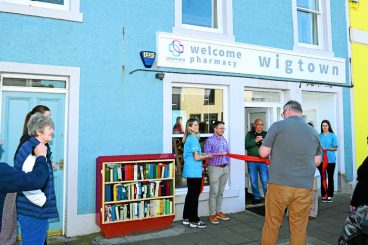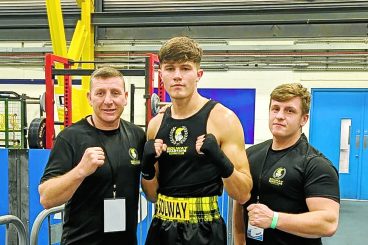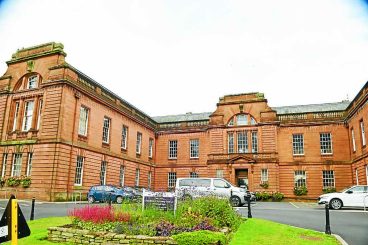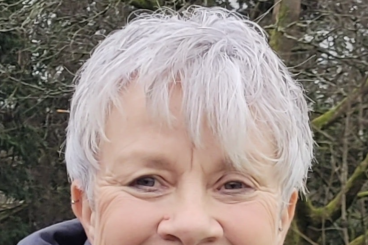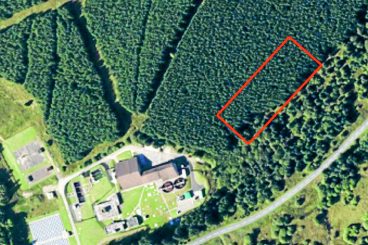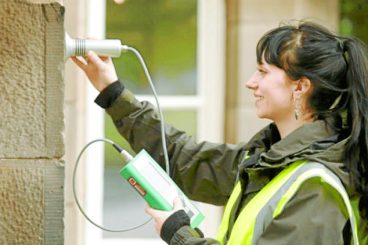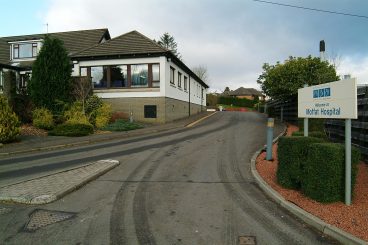Most would affiliate Ramadan with fasting from dawn and dusk, however, the ninth month of the Islamic calendar also puts focus on community, reflection, spirituality, and applying faith in day-to-day life.
“Fasting is not just not eating or drinking”, explains Mohammed Usman, secretary of Dumfries Islamic Society. “Your tongue is fasting, your ears are fasting, your eyes are fasting, your hands are fasting, your feet are fasting. Every part of your body is fasting.
“People ask me what is fasting; fasting in my view is a cleansing of the soul – not just the soul, the body. Your body is cleansing itself of all impurity and at the same time your soul’s been cleansed as well. You haven’t drunk anything since three in the morning, eaten anything, smoked, you haven’t done anything and your stomach is gurgling away and you’re thinking “I could eat a horse”, but come breaking the fast at sunset, once you put one date in your mouth, you’re full – that’s it.
“That aside, the main other reason is that in third world countries people are starving and they wake up and go to bed with no food at all, so fasting is to make you realise what food is and make you realise what people are going through.”
At the society – home to the region’s only mosque – those who attend regularly are relieved to be back in their place of worship this year after spending Ramadan at home under stricter lockdown conditions imposed throughout spring last year.
Mohammed says the sentiment throughout the month of spirituality in 2020 “was that it didn’t feel like Ramadan”.
He adds: “Primarily for the male, attending the mosque is a must and Ramadan is a month of blessing where people can go to the mosque and worship more, and because we couldn’t come to the mosque last year it was a bit disheartening. But when we got the good news this year about two or three weeks ago that mosques can open we were jubilant.
“In hindsight, we were thinking that we might not be able to pray in the Mosque like last year, because last year was total lockdown and again this year we were sceptical, but it came at the right time when Ramadan started that Nicola Sturgeon said that places like churches, synagogues and mosques are allowed to open again with up to 50 people.”
And to what extent does Ramadan remain different from ‘normal’ as a result of the coronavirus outbreak? “There’s no changes at all, apart from this” Mohammed said, pointing to his face mask. “But it’s part of society now for a long time to come. After the pandemic is over I think people will see life in another perspective. It won’t be the same as it was before, people will see differently.
“We’ve got white markings on the floor for social distancing and we’re adhering to the government’s guidlines wearing face masks and using sanitiser. In Dumfries as a whole we’ve got around 300 people and our building can hold about 200, so therefore because of the pandemic and the guidelines, we are only allowing 50 people into the building.”
Ramadan concludes on Wednesday May 12 when Muslims will celebrate Eid al-Fitr, also called “Festival of Breaking the Fast” where family and friends gather to pray, feast and exchange gifts.
“Last year for Eid you weren’t allowed to go anywhere apart from your own household – families celebrated by themselves,” says Mohammed. “I don’t think it will be the same this year but there will be some sort of gathering that will be limited and outside. After Ramadan we just eat normally – at Christmas you get turkey, friends and family and all that, and in Islam you’ve got samosas, pakoras, rice, biryani and all that and you make extras just in case guests come, but this year like last year I don’t think there’ll be any guest hosting.”





